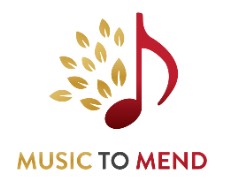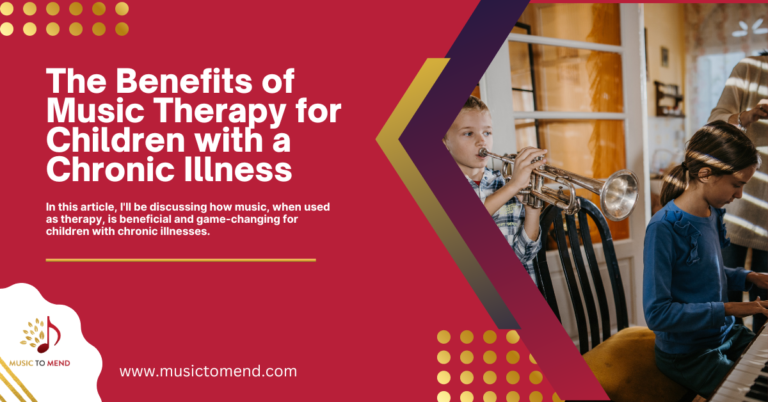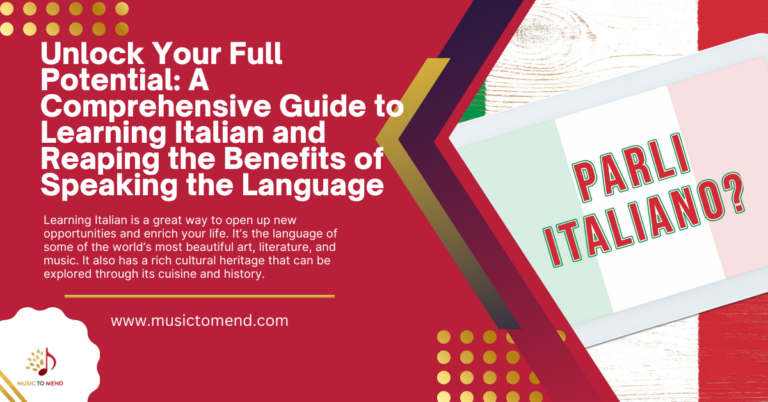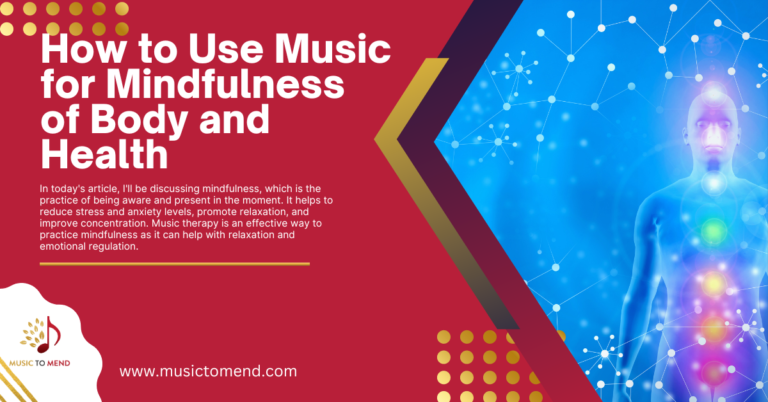Discover the Power of Piano: Help your Child Live their Best Life and Thrive!
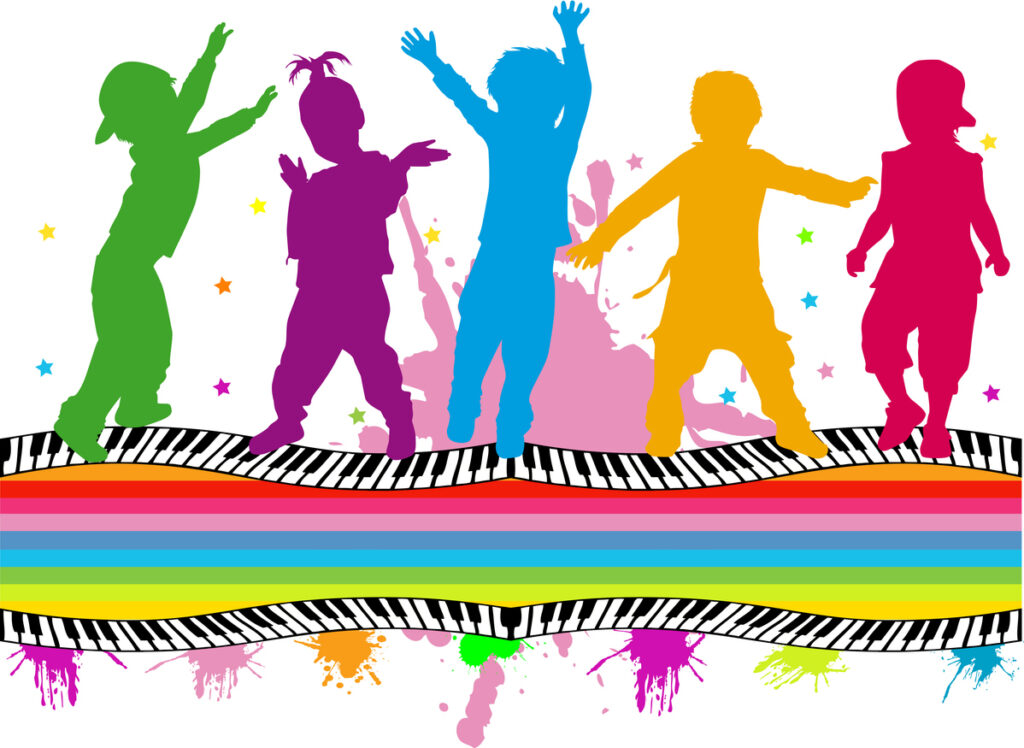
In today’s post, I’ll share some powerful information about why your kid’s future will benefit from playing the piano. You might say, what does playing the piano have to do with health and wellness? “Everything,” I say!
I like to use an analogy based on my own life experiences. As a parent myself, it was my duty to nurture, protect, mentor, and guide my children. I knew that one day, my children would be in situations where they would be asked to a swimming party, or a family picnic at the lake, etc. Therefore, I took action before it was too late. By that, I mean: that if I waited until they were faced with a situation that involved water, they wouldn’t be prepared, and they wouldn’t know how to swim.
So, when my children were six months old, I enrolled them in swimming lessons. That might sound sort of young to some of you, but I truly believed if they were acquainted with being in the water at a young age, they would thrive, learn how to swim, and be comfortable in water situations.
My point is: if you wait until your child is doing poorly in school, when learning to play the piano at an earlier age would have prepared them for the academic studies, then it’s too late. None of us has a crystal ball to see the future; but, if you’re duty is to guide and nurture your child to thrive in this world, then why wouldn’t you take action on an activity that will set them up for success?
If you’d like a quick explanation of why the piano is considered a percussion instrument, watch by clicking here.

Areas of the brain are stimulated by playing the piano
Research also shows that piano lessons stimulate areas of the brain utilized while learning math and science, thus helping little pianists pick up those subjects faster than their peers. Handling musical instruments will also give your child insights into basic physics. They will learn how a variety of pressures on a piano key can produce different sounds and how a microphone picks up sound depending on the distance from the musical instrument.
You want to introduce your children to playing the piano before it’s too late.
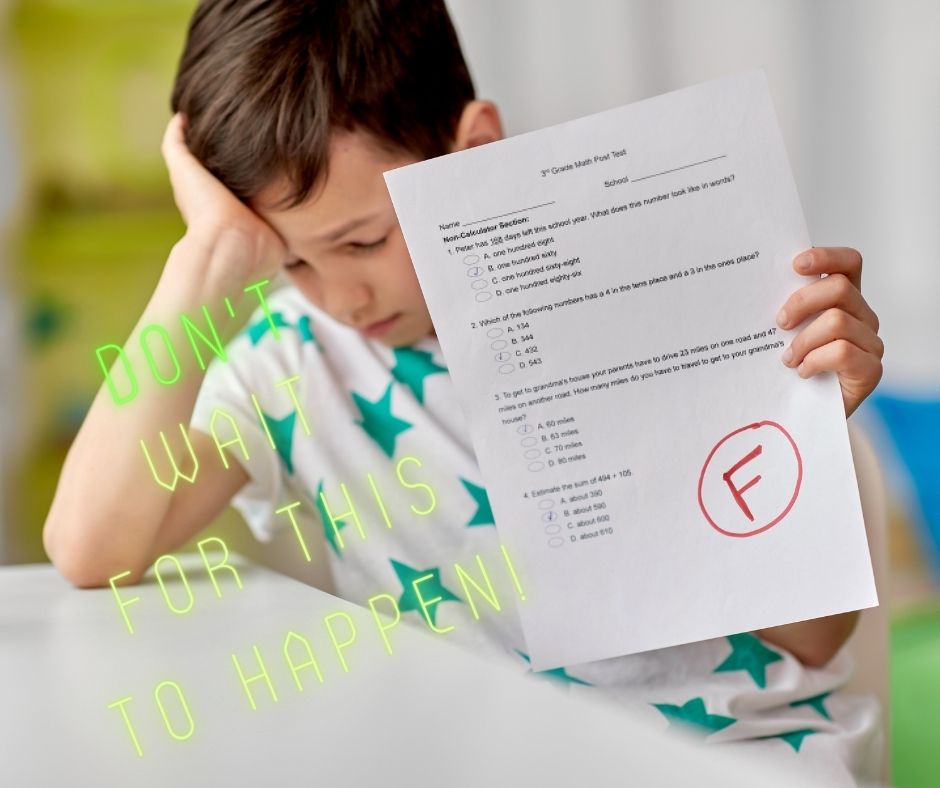
Choosing practicing piano over social media
Playing the piano keeps kids distracted, lessening their time on social media. When kids practice piano, their screen time — time spent in front of smartphones, computers, tablets and television — is an inescapable part of family life today.
But when it comes to children and screen time, there are risks to consider. Excessive screen time can have negative effects on sleep, attention and learning, and can lead to obesity and depression.
But how much is too much screen time for kids?
It depends. Every child is different, and so is the way they use and experience media. Parents should understand that they play an important role in their children’s use of electronic devices.
Playing the Piano Improves Concentration
Playing the piano requires a child to pay attention to multiple things at once. They have to observe their finger movements and also hear the notes and scales they are expected to play. When your child does so many things at once, her or his concentration and ability to focus improves.
While playing the piano, your kid uses both hands at the same time, thus forcing his brain to use both halves simultaneously. The right part of the brain controls the left side of the body and vice-versa.
Also, the left brain corresponds to logical thinking abilities, and the right brain to artistic and creative capabilities. So when you are utilizing both sides of your body at the same time, you are stimulating your entire brain and focusing more closely on the task at hand.
This will help build both their short-term and long-term memory prowess. Research also shows that piano lessons stimulate areas of the brain utilized while learning math and science, thus helping little pianists pick up those subjects faster than their peers.
Your little one won’t become the next prodigy or maestro, but is sure to find it easier learning mathematics and science than his or her peers. Plus, expect him/her to be more well-mannered and patient. And, your child will definitely be able to gel well with people and be a team player. All this and more – all courtesy to piano education.
Helps Hone Academic Skills
Aptitudes for music and mathematics are highly interrelated. By understanding and learning about rhythms, beats, and scales, children learn about pattern, organization, grouping, and fractions. As they progress in their piano lessons, they will first learn short and easy compositions and move on to more advanced and complex ones. This will help build both their short-term and long-term memory prowess.
Take action today, enroll your child in piano lessons, and watch their self-esteem boost, feel better about themselves and thrive! Here at Music to Mend, my teaching philosophies are based on easy, step-by-step lessons aimed at getting your child playing their favorite songs in weeks instead of years. Please contact me with your questions; I’m here to help!
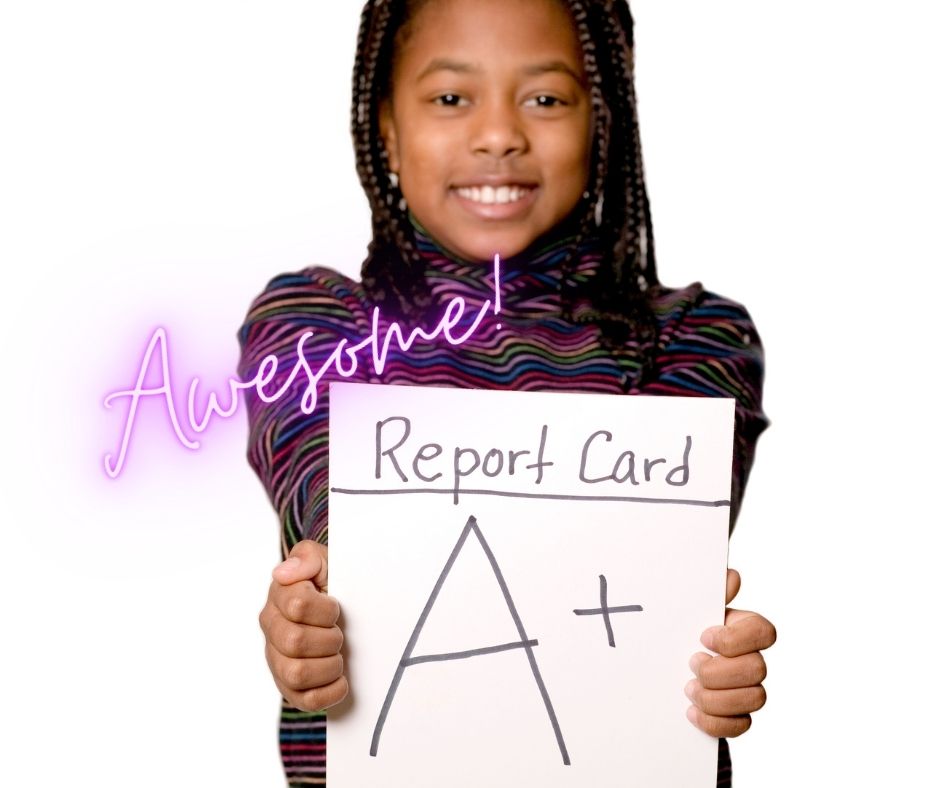
Happy music to listen:
Nightingale (Scaled Down Version) Artist: Lo Mimieux
